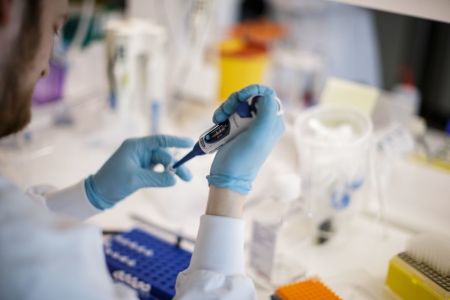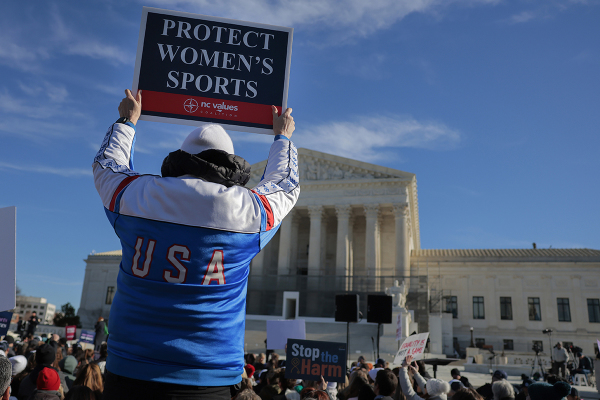British Catholic bishops say getting COVID-19 vaccine is not sinful even if from aborted fetus

Catholic Church leadership in the United Kingdom are encouraging people to receive vaccines developed to combat COVID-19, despite some ethical concerns regarding their creation.
The Bishops’ Conference of England and Wales released a statement last Thursday regarding the coronavirus vaccine, which was recently approved by British authorities. The Rt. Rev. Richard Moth, chair of the Conference’s Department of Social Justice, acknowledged that there is some debate over “the use of the vaccines developed by Pfizer & BioNTech, Moderna, and AstraZeneca.”
“Some have questioned the use of the Astra Zeneca vaccine since it has been developed from cell-lines originating from the cells of an aborted foetus in 1983,” stated Moth.
Nevertheless, Moth explained that the Congregation for the Doctrine of the Faith and the Pontifical Academy of Life have both said that “one may in good conscience and for a grave reason receive a vaccine sourced in this way, provided that there is a sufficient moral distance between the present administration of the vaccine and the original wrongful action.”
“In the COVID-19 pandemic, we judge that this grave reason exists and that one does not sin by receiving the vaccine,” continued Moth. “Each Catholic must educate his or her conscience on this matter and decide what to do, also bearing in mind that a vaccine must be safe, effective, and universally available, especially to the poor of the world.”
“Catholics may in good conscience receive any of these vaccines for the good of others and themselves. In good conscience, one may refuse a particular vaccine but continues to have a duty to protect others from infection.”
The statement echoes an earlier stance by the Conference, released in September, in response to questions about a potential vaccine being developed through the use of aborted fetal tissue.
“… there are ‘differing degrees of responsibility’ for those who use the human ‘biological material’ of illicit origin, i.e. we must differentiate between those who use tissue directly from an abortion, researchers who use derived material, and those who may benefit from a vaccine produced from such material,” stated Moth at the time.
“Different degrees of responsibility imply different degrees of moral complicity. These distinctions are important as we live in an imperfect world in which we may benefit from the wrongful actions of others.”
Some are concerned that the AstraZeneca vaccine may have been made from aborted fetal tissue, namely the lung tissue of an aborted male fetus.
However, researchers at the University of Bristol told The Associated Press in comments published last month that the aborted tissue was not part of the vaccine, but only used for testing it.
While the researchers said they injected the vaccine into MRC-5 cells derived from an aborted fetus to test its effectiveness, the vaccine itself does not contain MRC-5 cells.
"Our work is nothing to do with vaccine production, it’s about checking that the virus is behaving as we expect," explained David Matthews, a virology researcher at University of Bristol, to the AP.
Last week, the United Kingdom became the first western country to give the Pfizer/BioNTech vaccine emergency authorization, with the first vaccinations occurring this week.
The approval came following a review by the Medicines and Healthcare products Regulatory Agency, with advice coming from the Commission on Human Medicines.
“We have carried out a rigorous scientific assessment of all the available evidence of quality, safety and effectiveness. The public’s safety has always been at the forefront of our minds,” said MHRA Chief Executive Dr. June Raine in a statement last Wednesday.
“Our expert scientists and clinicians worked tirelessly, around the clock, carefully, scientifically, robustly and rigorously poring over hundreds of pages and tables of data, methodically reviewing the data.”





















